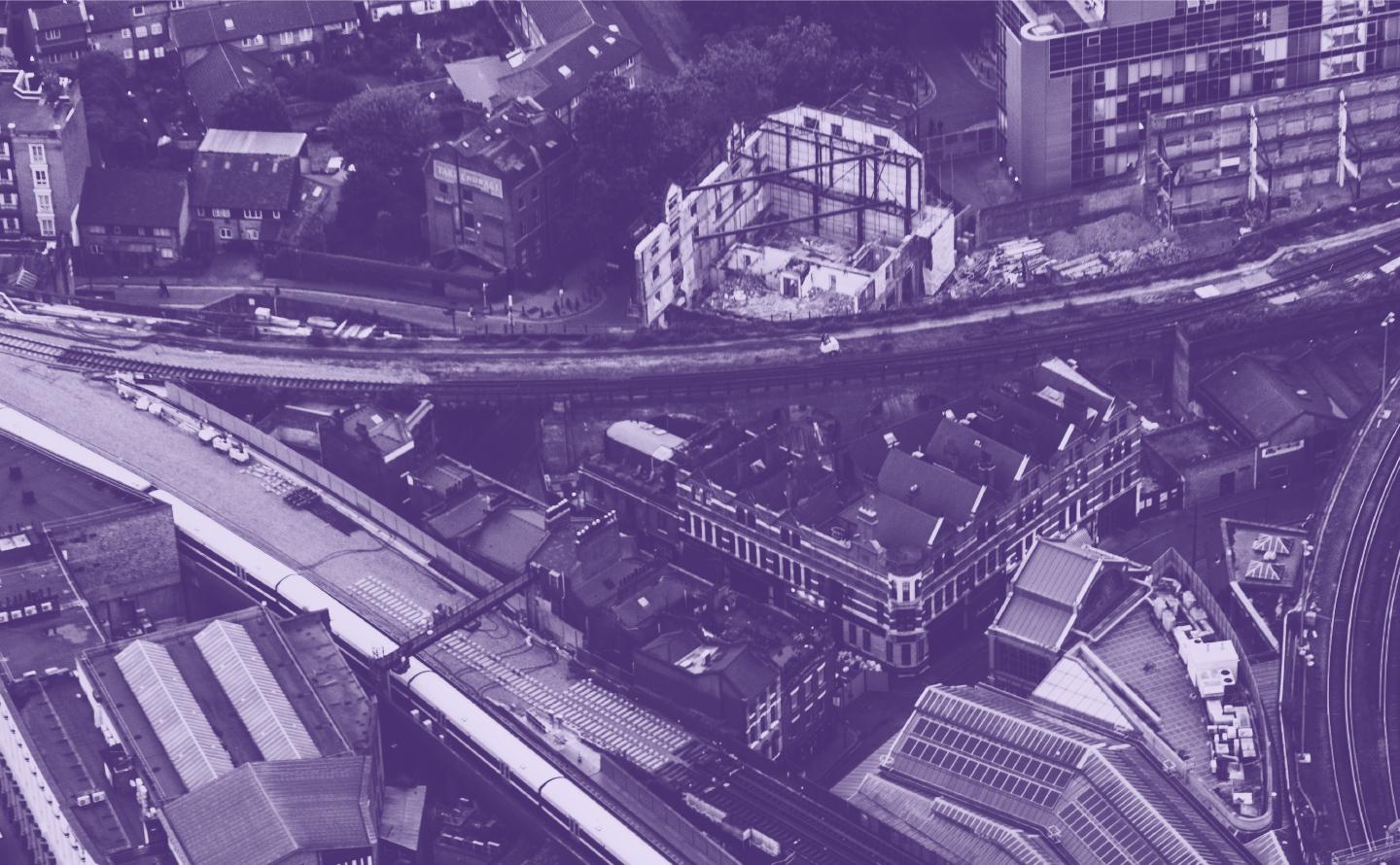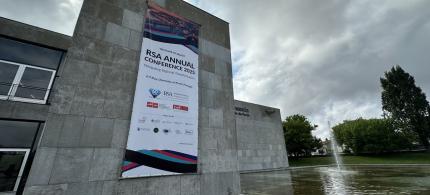R3C – Responsible Risk Resilience Centre
R3C is an Interdisciplinary Research Centre of Politecnico di Torino focused on urban resilience
R3C have a key role to support the delivery of the United Nations Sustainable Development Goals, in particular SDG11 – Sustainable Cities and Communities.
R3C rethinks risk management to dynamically adapt cities to climate, social, economic and environmental challenges through an integrative and systemic approach that works across scales, sectors and dimensions.
R3C puts its transdisciplinary expertise at the service of the communities, public administrations and private enterprises while building a responsible reaction in the age of complexity.

What is resilience?
The concept of resilience has been developed in the past decades within different disciplines and understandings. In the last ten years, urban scholars and policymakers are increasingly focused on enhancing resilience in the face of climate change and other urban threats. The widespread popularity of the resilience agenda suggests that it has broad appeal and may even serve as a boundary object. However, it has also prompted criticisms that urban resilience is a fuzzy and contested term and some scholars now reject resilience altogether.
But what does resilience really mean?
Resilience is the capacity of cities and regions to deal with changes and continue to develop
From a physical and natural sciences perspective, resilience implies the capacity of a system to absorb disturbance and reorganize while undergoing change to still retain essentially the same function, structure, identity, and feedbacks. From a spatial perspective, resilience has something additional to and yet distinct from reworking and resistance. Resilience captures the ability of an urban system - and all its constituent socio-ecological and socio-technical networks across temporal and spatial scales - to maintain or rapidly return to desired functions in the face of a disturbance, to adapt to change, and to quickly transform systems that limit current or future adaptive capacity.
Research





Education










